Majoram is also known by its Latin name Origanium hortensis. The birthplace of this spice are considered land North Africa, where today it is a perennial plant. The specific flavor of marjoram has been well known since ancient times and even today its popularity in cooking is not one. Today marjoram is grown mainly in the Mediterranean and Northern Africa.
In essence marjoram is a herbaceous plant which has red or white flowers. Especially characteristic of specific Majoram is a strong flavor, thanks to which it can not be confused with any other spice. Marjoram is considered akin to oregano. It likes warm temperatures. Its height reaches 20 to 50 cm.
History of Majoram
The history of Majoram is millennial. Along with bay leaf, it was among the sacred herbs in Mediterranean areas, mainly in Greece and Rome. With a special tribute, Majoram was used in North Africa - the land of Algeria, Tunisia and Morocco. In the Middle Ages, Majoram was used to treat epilepsy. Already in the Greco-Roman era, Majoram enjoys wide popularity and use. An interesting legend is that the ancient Greeks believed that if someone's grave grows marjoram, the deceased enjoys eternal peace and happiness in the afterlife.
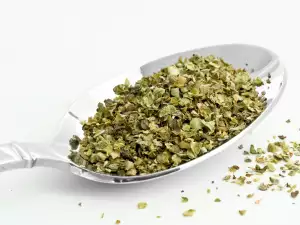
Composition of marjoram
Majoram leaves contain 0.7-1% essential oil, phenols, and is also rich in vitamin C, provitamin A, pectin and other nutrients. Marjoram is a spice that has eteral and bitter substances, alkaloids, tannins and phenols.
Storage of Majoram
Majoram is mostly sold dried. Store it in cool, dry cabinets, which are not accessible to direct sunlight or moisture.
Application of Majoram
As a spice are used the upper parts of the plant marjoram. They are characterized by a particularly pleasant odor and bitter taste. Majoram is used as an excellent seasoning for lamb and chicken. Marjoram can also be added to various kinds of sausages.
Widespread and used in cooking, it is a good seasoning for dishes with tomatoes and various breads and salad dressings. Majoram is a popular supplement to the Italian, French, North African and American cuisines. Dried marjoram and thyme are an excellent combination mainly for the production of sausages, the Germans are one of the most passionate fans of Majoram taste.
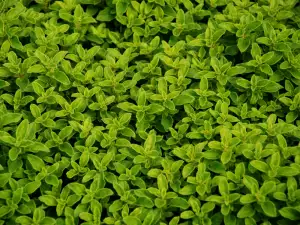
Majoram is one of the classic condiment for fried liver. The best combinations of Majoram without thyme are those with the taste of bay leaf, black pepper and juniper. The specific flavor of marjoram is appropriate as a supplement for cellulosic vegetables such as cabbage. It suits fish dishes, as well as almost any type of pasta.
Marjoram can be combined with other spices. Suitable combination of savory and parsley for the preparation of pulses for grilled meats can be combined with garlic and rosemary. Compares with oregano, but the flavor and taste of marjoram are much more delicate and sweet than those of oregano.
Growing Majoram
Marjoram grows best in dry and hot climates. If you grow it at home during the winter months, the plant should be protected from frostbite by bringing it indoors. There are types of marjoram, which are evergreen. Majoram is watered often - once a month with 1-2 cups water. In late summer or early fall, the plant should be washed well and dried thoroughly in order to be ready for use when cooked. In general, it does not need fertilizer, but the soil in which it grows, must well drained. The warm climate it is essential to be able to develop Majoram to its maximum flavor. At the same time, when dried, Majoram loses some of its flavor, and acquires a characteristic slightly bitter taste.
Benefits of Majoram
Majoram has wide application. As well as a spice and herb, marjoram is a valuable raw material for the perfume industry. Among the beneficial properties of Majoram on the health of man are its abilities as an antispasmodic, antiseptic, vasodilator. Furthermore, Majoram has the ability to stimulate our digestion. Adopted internally, it strengthens functions of the digestive system, acting as an antispasmodic and antiseptic.
Majoram helps with stomach problems, soothing and refreshing. It has a diuretic effect, is useful in sprains and bruises and a strong antiseptic. Stimulates digestion, acting in a vasodilating and antispasmodic way. Marjoram is useful in anemia, liver problems, bronchitis and diarrhea.
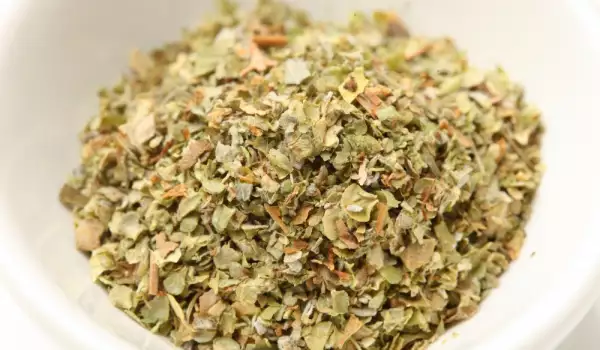
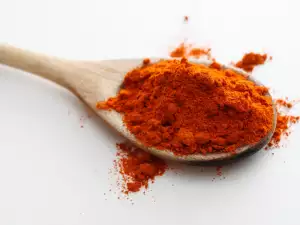
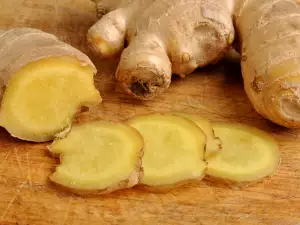
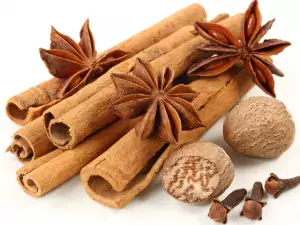
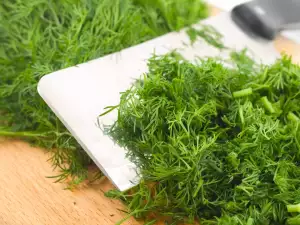
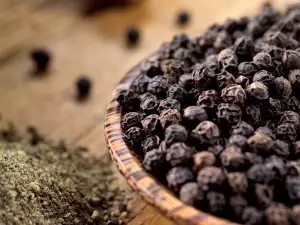

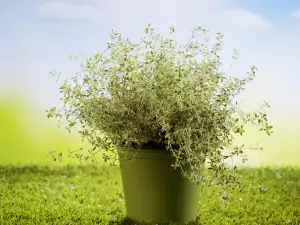
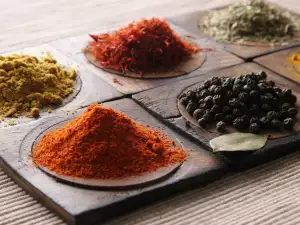
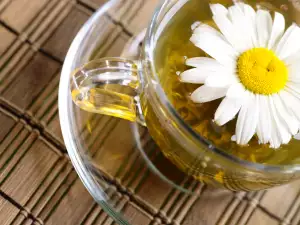
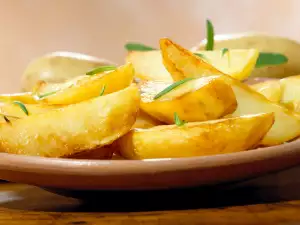
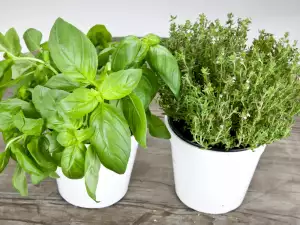
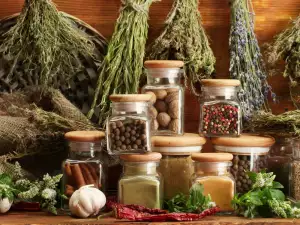
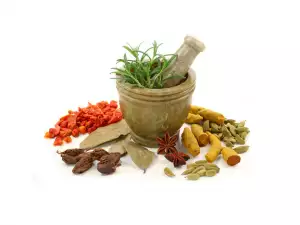


Comments